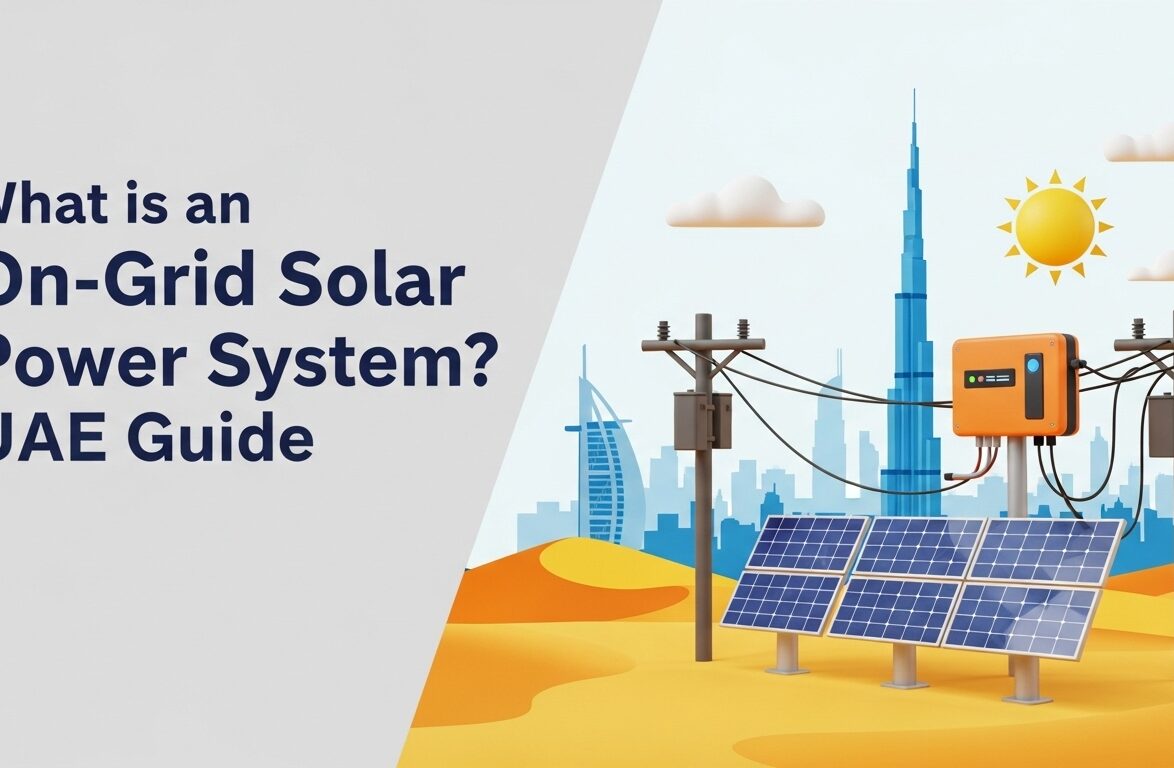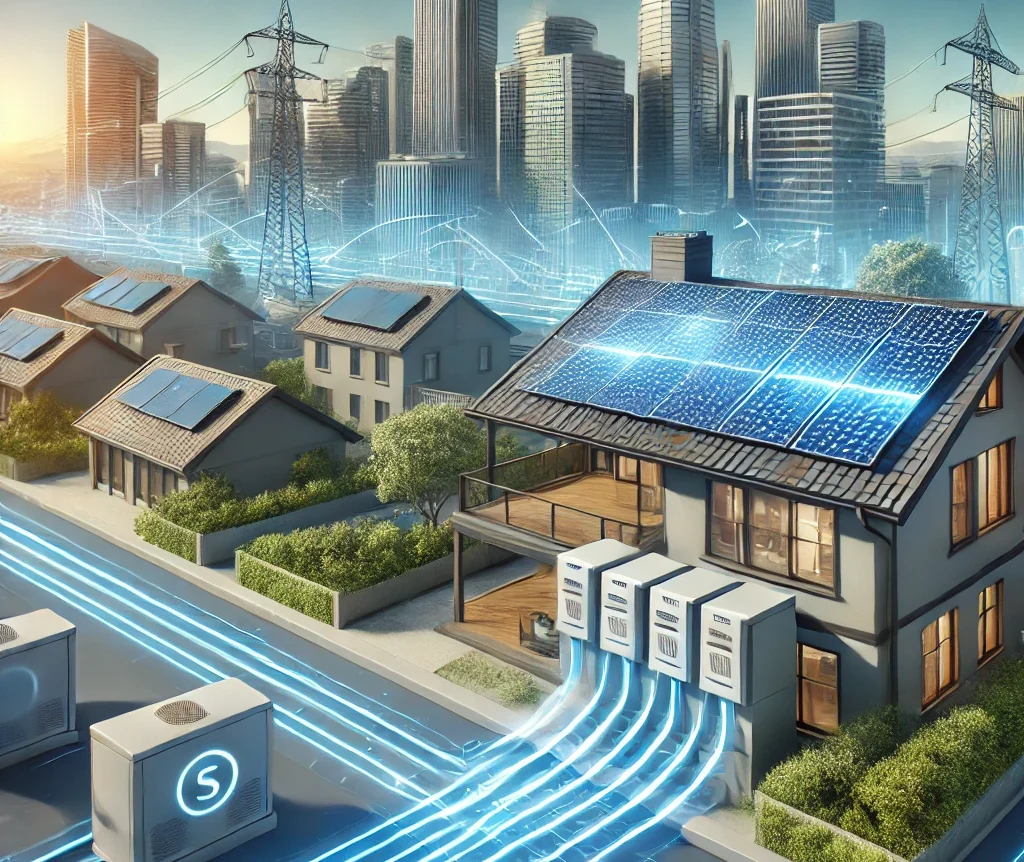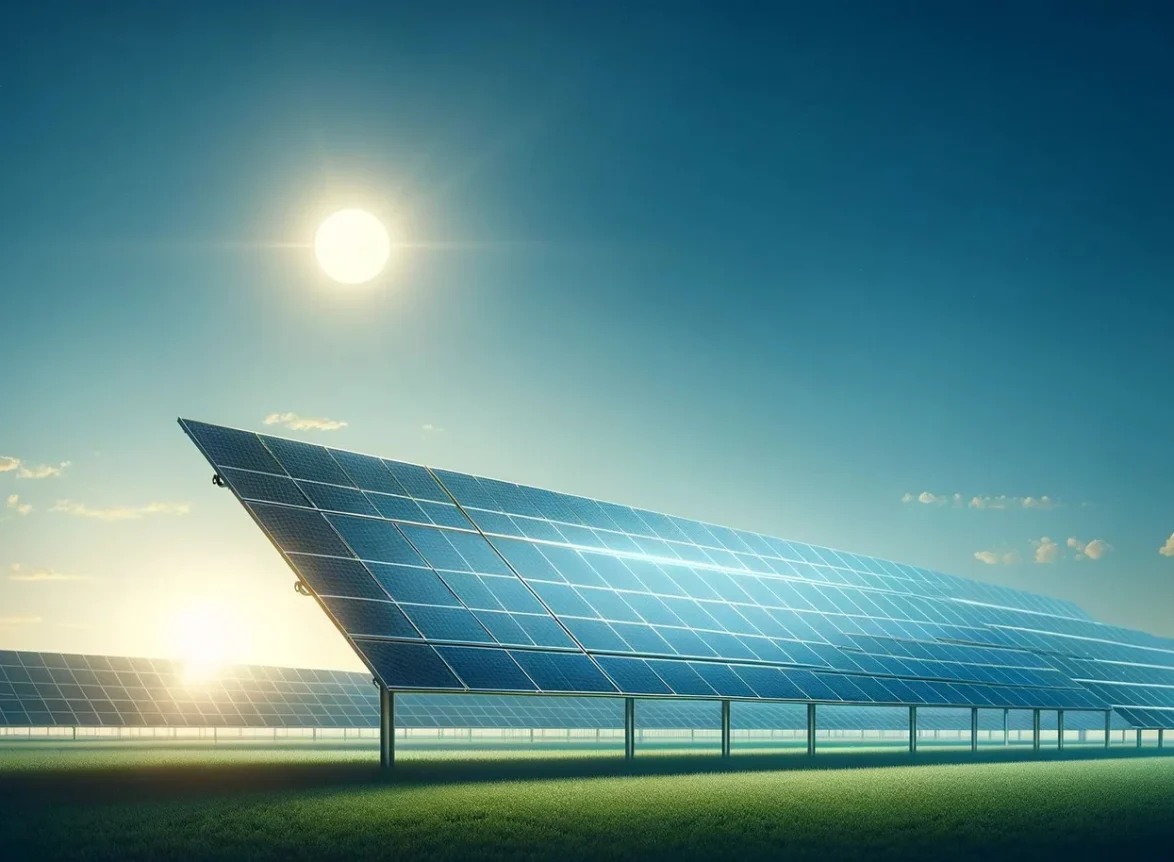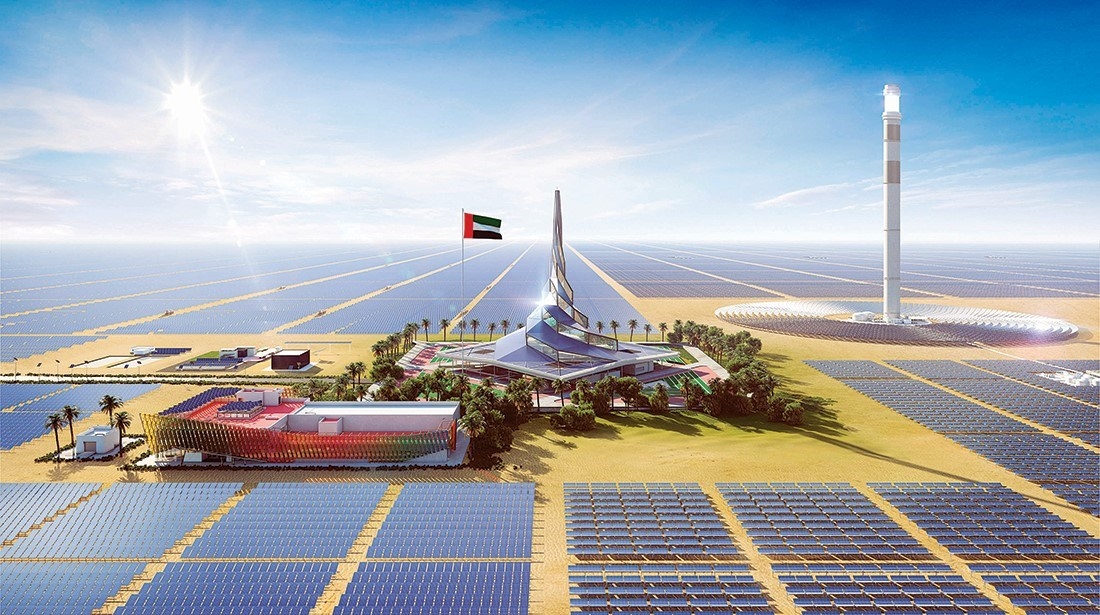Table of Contents
ToggleSolar Energy
Solar energy is more than just a renewable resource; it is a pathway to a cleaner, healthier, and more sustainable future for the GCC. From reducing greenhouse gas emissions to conserving water and promoting sustainable urban development, the environmental benefits of solar energy are transformative. As the GCC continues to embrace solar power, it positions itself as a global leader in renewable energy and environmental stewardship.
By transitioning to solar energy, the GCC is not only addressing its own environmental challenges but also contributing to a greener planet for future generations.
Reduction in Greenhouse Gas Emissions
Fossil fuels have long been the primary source of energy in the GCC, contributing significantly to global greenhouse gas (GHG) emissions. Solar energy offers a clean and renewable alternative that drastically reduces GHG emissions. By replacing coal, oil, and natural gas with solar power, the GCC can significantly cut its carbon footprint, contributing to global efforts to combat climate change.
Key Benefits:
Lower Carbon Footprint: Solar energy systems emit zero carbon dioxide during operation.
Mitigation of Climate Change: Reducing reliance on fossil fuels helps stabilize global temperatures.
Support for International Agreements: Solar energy aligns with the GCC’s commitments to the Paris Agreement and other global sustainability goals.
Discover the environmental benefits of solar energy in the GCC! From reducing greenhouse gas emissions and air pollution to conserving water and promoting sustainable development, solar power transforms the region’s energy future. Join the solar revolution with EIG Solar – get a free quote today!
Reduction in Air Pollution
Burning fossil fuels releases harmful pollutants such as sulfur dioxide, nitrogen oxides, and particulate matter, which degrade air quality and harm public health. By transitioning to solar energy, the GCC can reduce air pollution and improve the quality of life for its residents.
Regional Impact:
Health Benefits: Cleaner air leads to fewer respiratory and cardiovascular diseases.
Environmental Preservation: Reduced pollution protects ecosystems and biodiversity.


Conservation of Water Resources
Traditional energy generation methods, such as coal and gas-fired power plants, consume vast amounts of water for cooling and operation. In contrast, solar photovoltaic (PV) systems require minimal to no water for energy production. This is particularly important in the arid GCC region, where water scarcity is a pressing concern.
Why It Matters:
Water Savings: Solar energy helps conserve precious water resources for agricultural and domestic use.
Sustainability in Water-Scarce Regions: Reduced water usage supports long-term environmental and economic sustainability.
Decreased Land Degradation
Fossil fuel extraction and energy infrastructure can lead to land degradation, habitat destruction, and loss of biodiversity. Solar energy systems, particularly rooftop installations and solar farms, have a much smaller environmental footprint.
Advantages:
Preservation of Natural Habitats: Solar installations avoid invasive land-use practices.
Land Reclamation: Solar farms can be constructed on previously degraded lands, revitalizing their utility
Promotion of Sustainable Urban Development
The GCC’s rapid urbanization has increased energy demand and environmental stress. Solar energy supports sustainable urban development by providing a renewable energy source that reduces the environmental impact of cities.
Applications:
Solar-Powered Smart Cities: Integration of solar energy into smart city designs reduces energy consumption and GHG emissions.
Energy Independence: Solar installations reduce dependence on imported fuels, enhancing energy security.
Support for Circular Economy
Solar energy technologies can contribute to a circular economy by encouraging recycling and sustainable production practices. Modern solar panels are designed to last for decades, and many components can be recycled or repurposed at the end of their lifespan.
Benefits:
Resource Efficiency: Solar energy reduces the need for continuous extraction of non-renewable resources.
Waste Reduction: Recycling programs for solar panels minimize electronic waste.
Combatting Urban Heat Island Effect
The urban heat island effect, where cities experience higher temperatures than surrounding rural areas due to human activities and infrastructure, is a growing concern in the GCC. Solar panels can help mitigate this effect by reflecting sunlight and reducing the reliance on air conditioning systems.
Outcomes:
Lower Urban Temperatures: Solar panels reduce heat absorption by buildings.
Energy Efficiency: Decreased cooling demands lower overall energy consumption.
Contribution to Global Renewable Energy Goals
The GCC’s adoption of solar energy sets an example for other regions and contributes to global renewable energy targets. As a leader in solar energy deployment, the GCC can inspire neighboring countries to prioritize sustainability.
Regional Leadership:
Global Recognition: Investments in solar energy enhance the GCC’s reputation as a sustainability leader.
Technology Export: Advances in solar technology can be shared with other regions, fostering collaboration.
Call to Action
Are you ready to join the solar revolution? Whether you’re a homeowner, business owner, or government entity in the GCC, EIG Solar is here to help you transition to clean and sustainable energy. Contact us today for a free consultation and quote to discover how solar energy can benefit you and the environment!






Leave a Comment
Your email address will not be published. Required fields are marked *